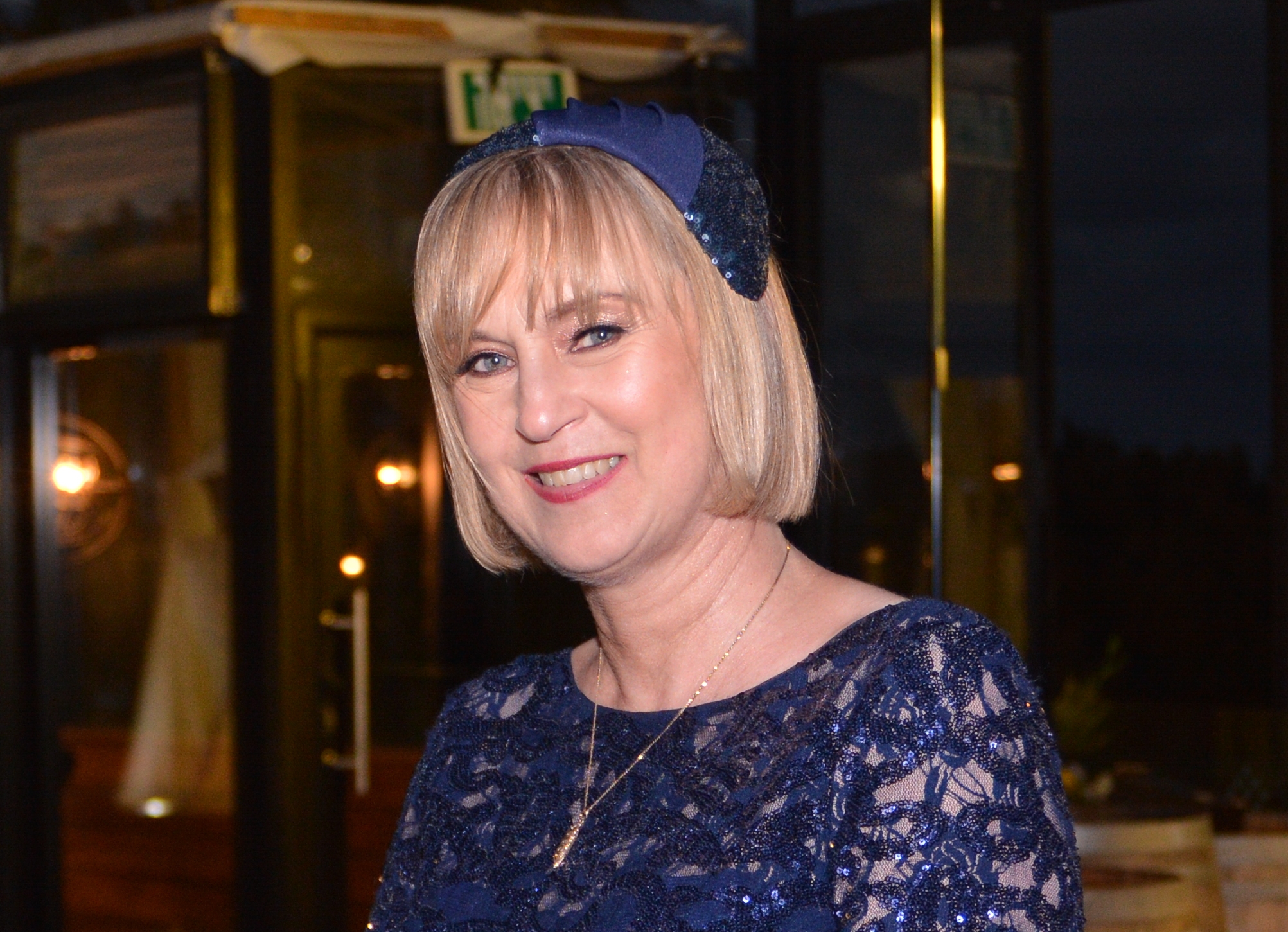Our “Five Minutes With” series seeks to discover what are the habits, inspirations and obstacles that have shaped the careers of leading cancer researchers and influencers.
Julietta Patnick was responsible for overseeing the NHS Breast, Cervical and Bowel Cancer Screening Programmes and the Prostate Cancer Risk Management Programme until she left Public Health England in August 2015. She was appointed Visiting Professor in Cancer Screening at the University of Oxford in April 2008. She currently has research interests in colorectal cancer screening, cancer screening in general and is principal investigator of the breast screening Age Extension trial.
What is the best piece of advice (work or life) you’ve been given?
Don’t put anything in writing you don’t want to go public.
Which failure(s) changed you the most?
I had not long been appointed as national coordinator of breast screening and was invited to address a surgeons’ conference on interval breast cancers. This was a tricky issue; the presentation took an enormous amount of time to prepare and as I finished delivering it I sighed with relief. There were a couple of factual questions then the chairman asked me for my opinion on a ‘hot topic’ at the time. I answered honestly with my personal opinion. The reaction was so strong I’ll swear the floor shook and I certainly wished it would open and swallow me. I learned the hard way that in a national leadership position there was no room to openly express personal opinions and all comment had to be measured and evidence based, or diplomatically neutral.
What would you tell your 20 year old self?
Don’t panic, it’ll all work out
What’s your top life hack? (trick, shortcut, skill, or novelty method that increases productivity and efficiency)
Always write/print on one side of the paper only when making notes, so there’s always space for additional points/quotes/stats/references as you learn more later.
What needs to change in cancer screening/research?
I think we need to be ambitious and carry out the large population trials necessary to achieve definitive results. Many trials in the past have been relatively small. While they can achieve statistically significant results on the primary outcome, usually mortality reduction, they are often not large enough to answer many of the secondary questions posed to screening programmes in the 21st century.
How will the NHS change the most in the next 20y? Is free healthcare sustainable?
With a growing population of older and very elderly people, I hope the next twenty years will see an improvement in the care of over 60s and over 80s, particularly with regard to dealing with comorbidities.
Whether free healthcare is sustainable is a political question. How much is the UK population prepared to pay, and what quality of healthcare will they tolerate before co-payments become acceptable?
The views expressed are those of the author. Posting of the blog does not signify that the Cancer Prevention Group endorse those views or opinions.

